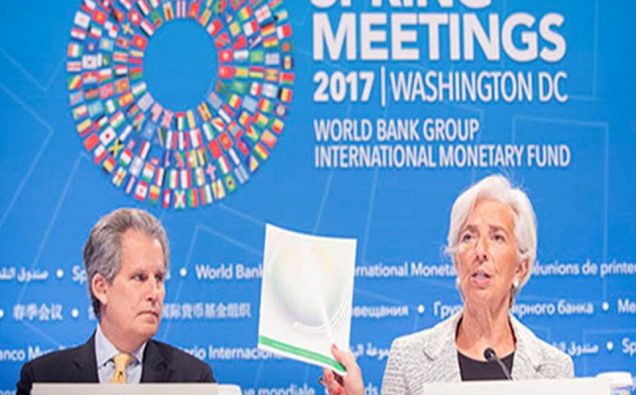
The April 2017 Global Financial Stability Report (GFSR) has found continued improvement in world financial stability since October last year.
“Economic activity has gained momentum and longer-term interest rates have risen, helping to boost the earnings of banks and insurance companies,” the International Monetary Fund said.
However, threats to financial stability are emerging from elevated political and policy uncertainty around the globe, the Fund notes.
“If policy developments in advanced economies make the path for growth and debt less benign than expected, risk premiums and volatility could rise sharply.”
In addition, the financial institution says, a shift toward protectionism in advanced economies could reduce global growth and trade, impede capital flows, and dampen market sentiment.
“Getting the policy mix right is crucial. In the United States, policymakers should provide incentives for economic risk taking while guarding against excessive financial risk taking.”
As far as emerging market economies, the Fund says, they should address domestic imbalances to enhance their resilience to external shocks.
In Europe, domestic banking systems continue to face significant structural challenges. Furthermore, there should be no rollback of the post-crisis reforms that have strengthened oversight of the financial system.
The April 2017 GFSR also includes a chapter that examines how a prolonged low-growth, low-interest rate environment can fundamentally change the nature of financial intermediation.
“In such an environment, yield curves would likely flatten. Combined with low credit demand, this would lower bank earnings, particularly for smaller, deposit-funded, and less diversified institutions, and presenting long-lasting challenges for life insurers and defined-benefit pension funds”
The report also assesses the ability of country authorities to influence domestic financial conditions in a financially integrated world. It finds that, despite the significant impact on domestic financial conditions of global shocks, countries retain influence to achieve domestic objectives—specifically, through monetary policy.
















